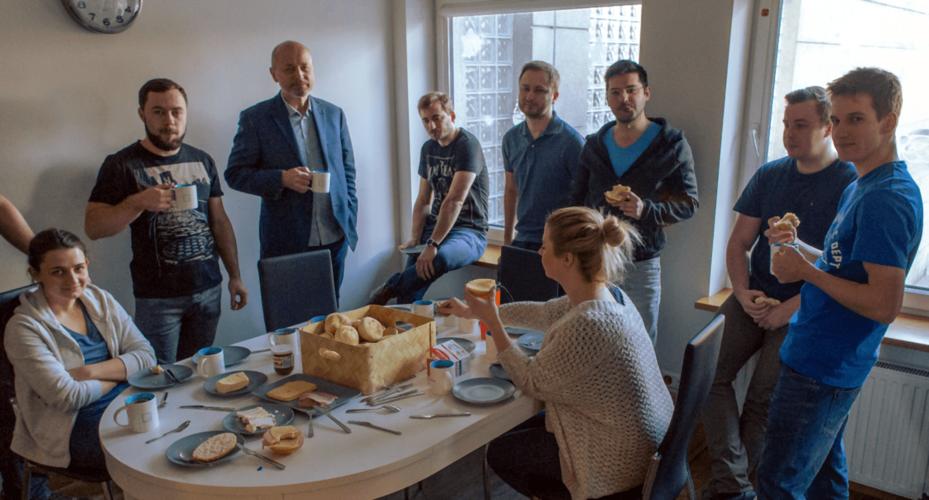We have recommended this to our clients for many years. A BBC journalist approached us recently to share our thoughts about microbreaks and how they can help reduce the risk of developing musculoskeletal problems.
The resulting piece is available on the BBC Capital website. It’s an interesting and thorough investigation into how short, frequent breaks can help.
Evidence suggests that a brief break from work can improve concentration, stress relief, and performance. A microbreak can be thought to trigger a process known as psychological detachment. This is when your brain disconnects from work tasks in order to allow your brain to recover.
Andrew Bennett, a social science researcher, has been quoted in the BBC article as having studied microbreaks while completing his doctoral thesis at Virginia Commonwealth University. Participants who took a microbreak by watching a funny clip were more alert and invigorated, and had shorter response times to cognitive tests.
Even if you don’t have to do clinical trials, many of us have experienced that concentration for prolonged periods can be difficult and even unpleasant. Concentrating our minds takes mental energy. Our curiosity is what drives us to be stimulated. We learn in school that studying for an exam can be counterproductive. It is important to take in information in small chunks, then return to it later when it has had time to sink in.
Katharine Metters, our Lead Consultant, recommends that you use your microbreaks for something active rather than scrolling through your smartphone – which comes with its own risks. Take a 2-minute walk around the building. You can find a reason to go to the car again; use a different floor’s toilet; and make sure everyone has a cup.
To get the most from microbreaks, keep them short and frequent. You don’t need to spend hours chatting with colleagues from different departments, but you shouldn’t be afraid of stopping for a few moments. Do not be afraid to ask questions. Many organisations are afflicted by presenteism, which is the appearance that you work but don’t produce. Regular breaks are necessary for repetitive and mentally demanding jobs. You know when your concentration is slipping and you start clicking on the computer pretending to be doing something to avoid being accused. You are a battery. Or you will run out.
Scientists believe microbreaks are more productive when they are used to do something that the person enjoys. Individuals should have the ability to choose when and how they want to spend their time. Everybody is different. So are our emotions and mental states. You might prefer to take a break and check your email once in awhile, or you may prefer to go for a walk or do yoga in a cubicle. Employers need to make sure they are promoting microbreaks. As long as microbreaks remain just that, everyone should know they are able to stand up when they need to.



